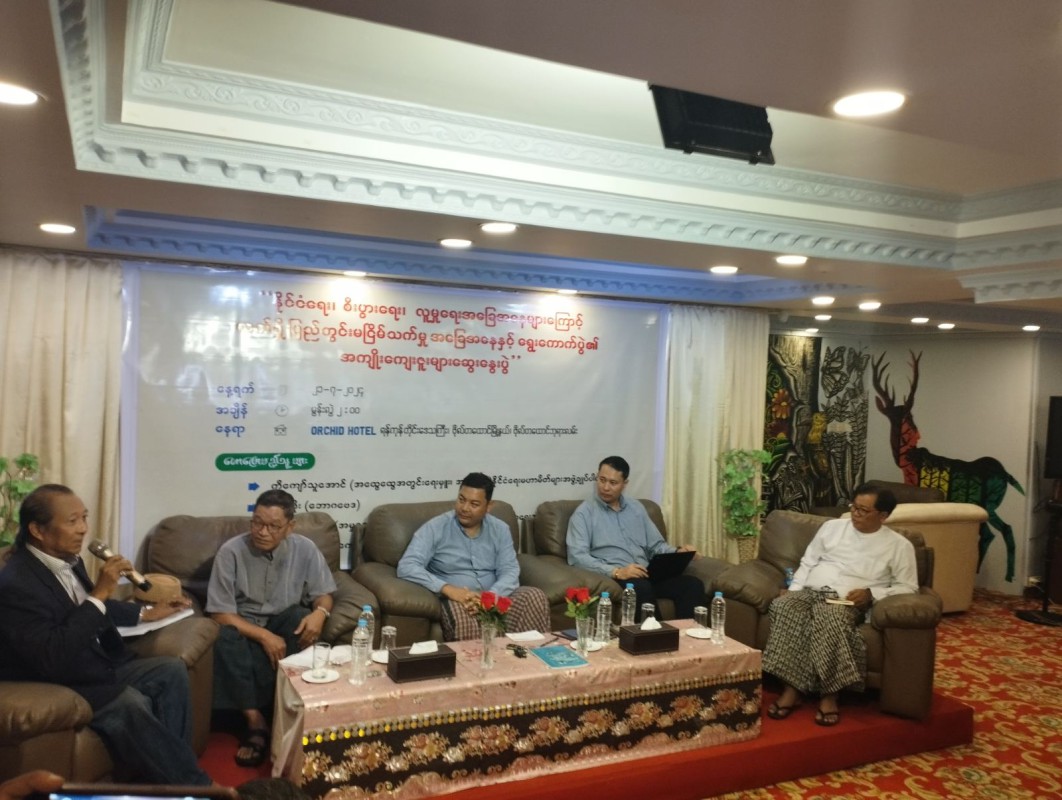Armed groups miscalculate, says analyst: Challenges ahead

736

Hsu/ Thant Zin (NP News) - July 31
U Thein Tun Oo, Executive Director of the ThayNinGa Institute, doubted the long-term viability of the groups currently occupying territories.
He made these remarks during a discussion on the current internal unrest and the benefits of elections amid the prevailing political, economic, and social conditions, held on the afternoon of 21 July at the Orchid Hotel in Botahtaung Township.
“Regarding their existence and objectives, we must classify them as armed insurgent groups. These factions capture territories and remain mobile. From a military perspective, the ratio of offensive to defensive operations is at least 3:1. If the defense proves robust, the attackers will struggle to maintain supply lines and won’t sustain prolonged combat or control over seized areas. The critical question is whether they can retain these territories over the long term. Although any issues may not be immediately apparent within a month or two, challenges will likely arise over several months.”
He noted that armed groups lacking legitimate government status often face significant challenges when seizing territory through force.
“There is a fundamental difference between the legitimate government and rebellion groups. The legitimate government’s security and defense functions are carried out by state actors. In contrast, the rebellion groups are non-state actors, meaning they are not officially recognized entities. Some might mistakenly think they represent ethnic issues or other causes, but they are not representative of the state. They might temporarily seize territories, but will other governments recognize them and work directly with them? Will they get international support and engage in economic activities in these areas? These non-state actors cannot function like a legitimate government. Over time, the areas they control will deteriorate,” he said.
Furthermore, U Thein Tun Oo emphasized that armed groups involved in internal conflicts mistakenly believed they could expand their territory because of the military's decreased use of force.
“At present, the military is using strategic restraint rather than overwhelming force. The armed groups interpret this as an inability to counter them, believing they can push forward. This has given them motivation. Many people might also think the military is weakening, and the country might face severe consequences. However, even if these groups seize territories, they won’t be able to manage governance, social, and economic affairs effectively, leading to their eventual weakening,” he concluded.